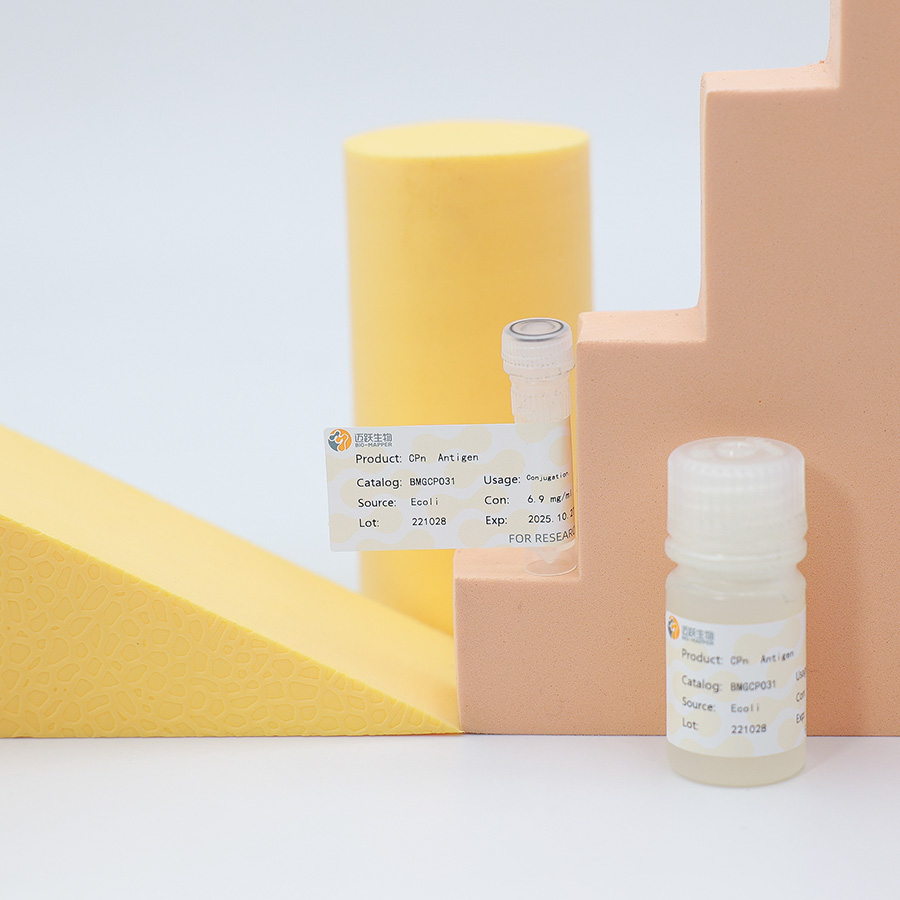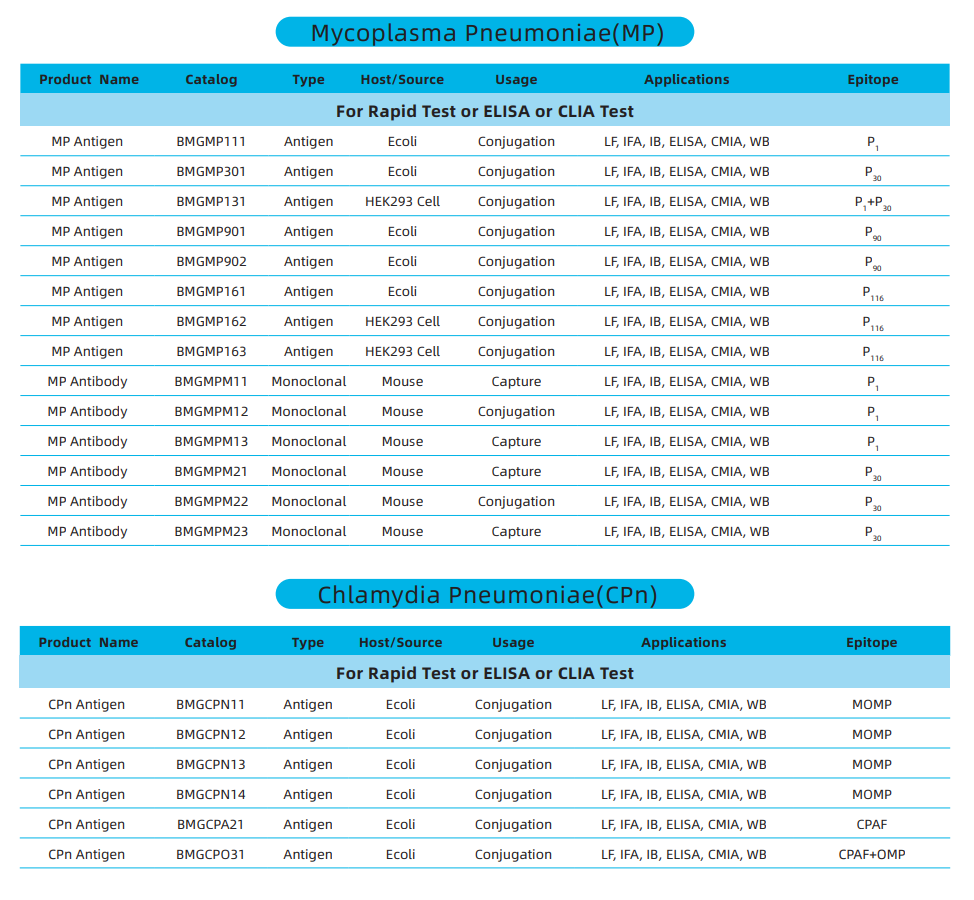Globally, cancer continues to be a major health challenge. According to the World Health Organization (WHO), the global cancer burden is still increasing, despite some progress in cancer prevention and control. To this end, World Cancer Day 2024, under the theme “Towards a cancer-free Future”, aims to raise public awareness and foster international collaboration and innovation to tackle this increasingly pressing health problem.

Photo source: “Healthy China” public account
On February 4, 2024, medical institutions, ngos, patient groups and researchers from around the world gathered to share advances in cancer research and strategies to combat it. This year’s focus is particularly on precision medicine and personalized therapy, emerging fields that offer new hope for cancer patients. On this day, the WHO released a series of data, noting that while the global cancer death rate has declined, the number of new cancer cases is rising due to population growth and aging. The report also highlights the inequalities faced by low-income countries in the fight against cancer and calls for more support from the international community.

In response to this call, many developed countries have pledged to provide more financial and technical support to help developing countries build better cancer screening and treatment systems. At the same time, a series of new global partnerships were launched on World Cancer Day, focusing on cancer prevention, early diagnosis, patient care and improved survival. In addition, this year’s World Cancer Day also saw the announcement of several important scientific achievements, including the results of clinical trials of new immunotherapies, the use of gene editing technology in cancer treatment, and breakthroughs in artificial intelligence in cancer diagnosis.
Here are some types of cancer to look out for during World Cancer Day:
Lung cancer: Lung cancer is one of the most common cancers worldwide and one of the deadliest types of cancer. Smoking is a major risk factor for lung cancer, so special attention should be paid to the relationship between smoking and lung cancer during World Cancer Day.
Breast cancer: Breast cancer is one of the most common types of cancer in women. Early detection and treatment of breast cancer can significantly improve cure rates. Therefore, during World Cancer Day, women should be encouraged to have regular breast self-examinations and regular breast cancer screenings.
Colorectal cancer: Colorectal cancer is the third most common type of cancer worldwide and the second most common cause of cancer death. Factors such as diet, weight and insufficient exercise have been linked to the development of colorectal cancer. Therefore, during World Cancer Day, the importance of a healthy lifestyle and regular colorectal cancer screening should be emphasized.
Prostate cancer: Prostate cancer is one of the most common types of cancer in men. Factors such as age, family history and ethnicity have been linked to prostate cancer risk. During World Cancer Day, men should be encouraged to have regular prostate cancer screenings.
Stomach cancer: Stomach cancer is the fifth most common type of cancer worldwide and the fourth most common cause of cancer death. Factors such as diet, Helicobacter pylori infection and smoking are associated with the development of stomach cancer. Therefore, during World Cancer Day, the importance of healthy eating habits and regular stomach cancer screening should be emphasized.
These are just some of the common types of cancer, there are other types of cancer that are also of concern. During World Cancer Day, we should pay attention to all types of cancer and take active preventive measures to reduce the incidence and mortality of cancer.

Across the globe, governments and civil society organizations have organized a series of events to mark the special day, including exhibitions of art by cancer patients, public health talks and free screening events. These activities not only raise awareness of cancer, but also encourage the public to adopt a healthier lifestyle to reduce the risk of the disease. Who and partners emphasize that while the road to cancer prevention and control is challenging, through global solidarity and continued scientific research, we have the potential to achieve a cancer-free world in the future. World Cancer Day 2024 is not only a moment of reminder and remembrance, but also a starting point to galvanize global action.
Product recommendation - Mycoplasma pneumoniae & Chlamydia pneumoniae








